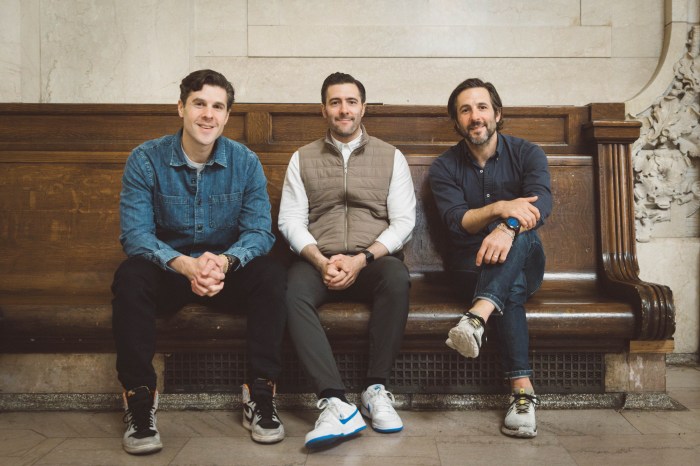Subway passengers staring down a fare hike next year lent their names in support of legislation that would give workers a break on commuting costs.
Riders Alliance, a grassroots transit group, petitioned straphangers at the Atlantic Avenue station in Brooklyn Sunday to require companies with at least 20 workers to enroll in a tax program that saves commuters money — or pay a $50 penalty per employee. The benefit, proposed in a bill from Councilman Dan Garodnick, would cover an additional 600,000 New Yorkers.
“Transit costs are going up, and this is one way for New York City to help riders pay for a system that is so expensive,” Riders Alliance organizer Rebecca Bailin said. “We want to make sure that as many people as possible have access to this important benefit.”
The proposal would amount to a tax break for workers, who’d be able to pay up to $130 in monthly transit costs — more than a $112 monthly unlimited MetroCard — from their paycheck before taxes are taken out.
Riders Alliance hopes the City Council will pass the bill before the MTA’s 4% fare hike planned for next year. The group estimates the law would put back $443 annually into the pockets of monthly MetroCard buyers who make the median salary.
Allison Huggins, a 49-year-old nurse from East New York who signed the petition, said her transit costs were so expensive as a home health care aid that she’d sometimes skip lunch. Now, however, Huggins gets the tax benefit since she works in a city hospital.
“I was all for it,” Huggins said. “I immediately signed up for it,” she said. “I think employers should be required to tell their workers about it.”
While Crown Heights photographer Zelig Shaul wouldn’t qualify for the tax benefit because he’s a freelancer, he said he signed the petition to raise awareness and so other riders can save money.
“It’s no good. It keeps on going up, up, and up,” Shaul, 33, said of fares.
A city Department of Finance official told the Council last month that the de Blasio administration generally supports the benefit program, though questions remain on enforcement. One business group, the New York City Hospitality Alliance, had objected to another employer mandate from the Council over concerns about financial and administrative burdens.
Proponents of the transit program pitch the benefit as a money saver for employers, as well. Companies that sign up through firms such as TransitChek or WageWorks would also get a smaller payroll tax bill after deducting the cost of their employees’ commutes.
“This is much easier than I think other people potentially think it is,” said Andrew Carr, a Riders Alliance member from the East Village. “It’s been done by other cities before.”
































